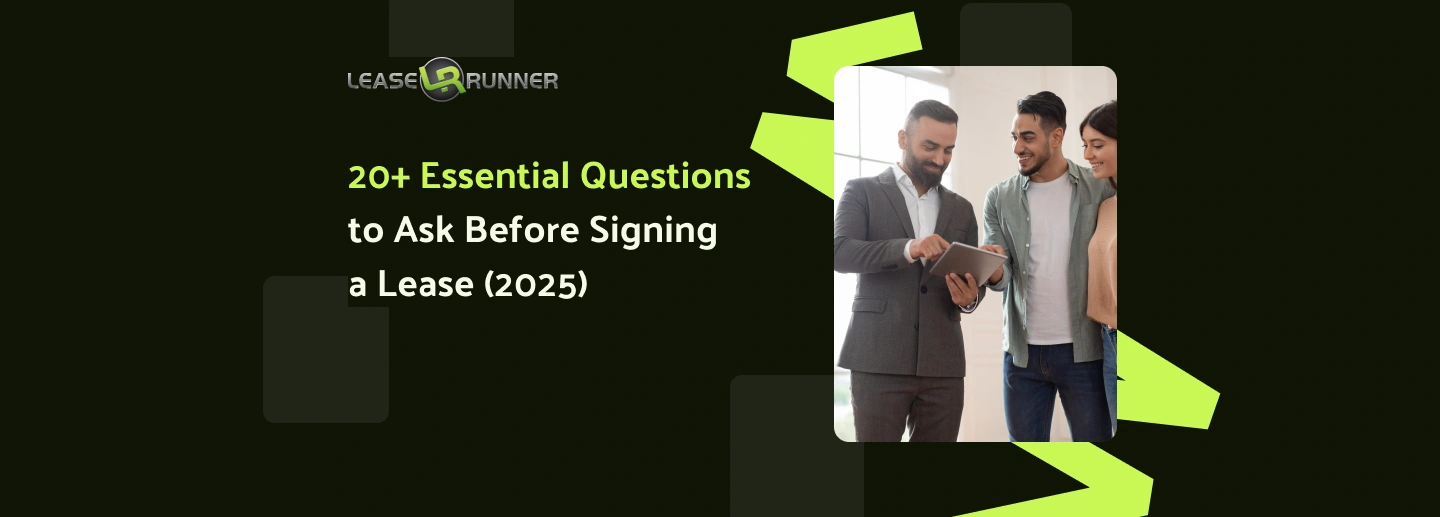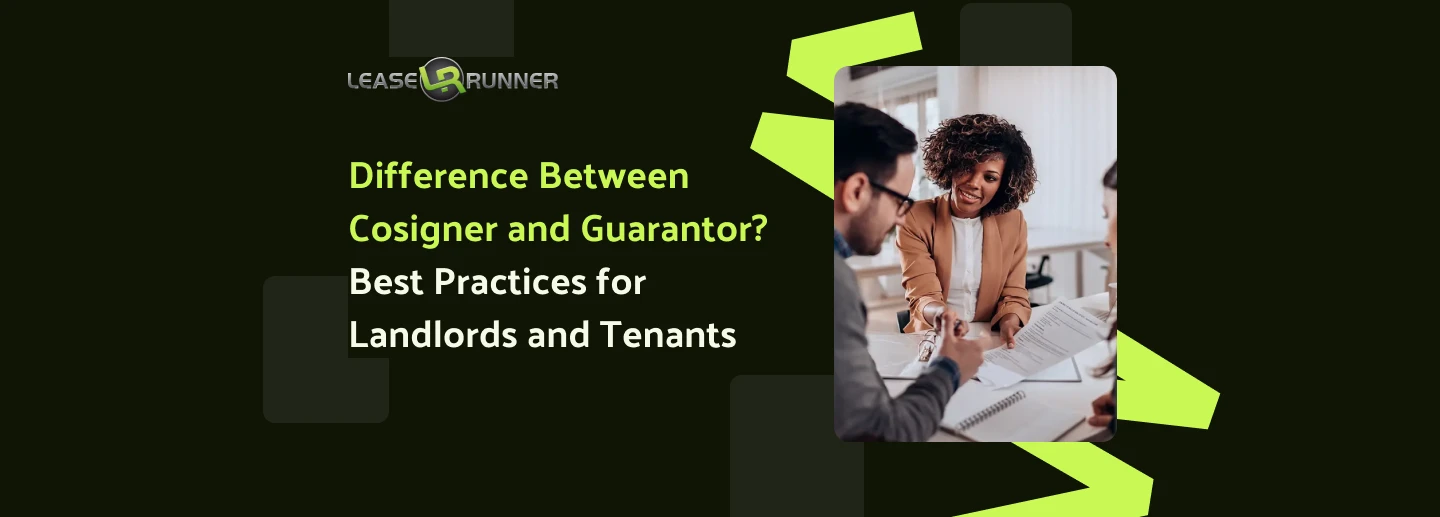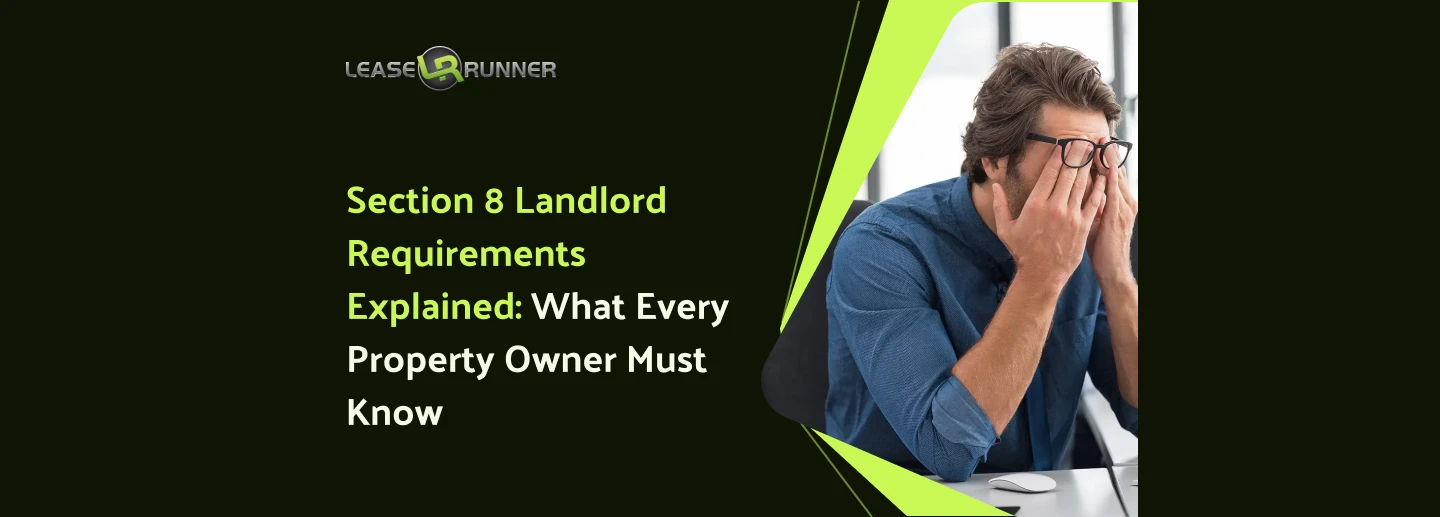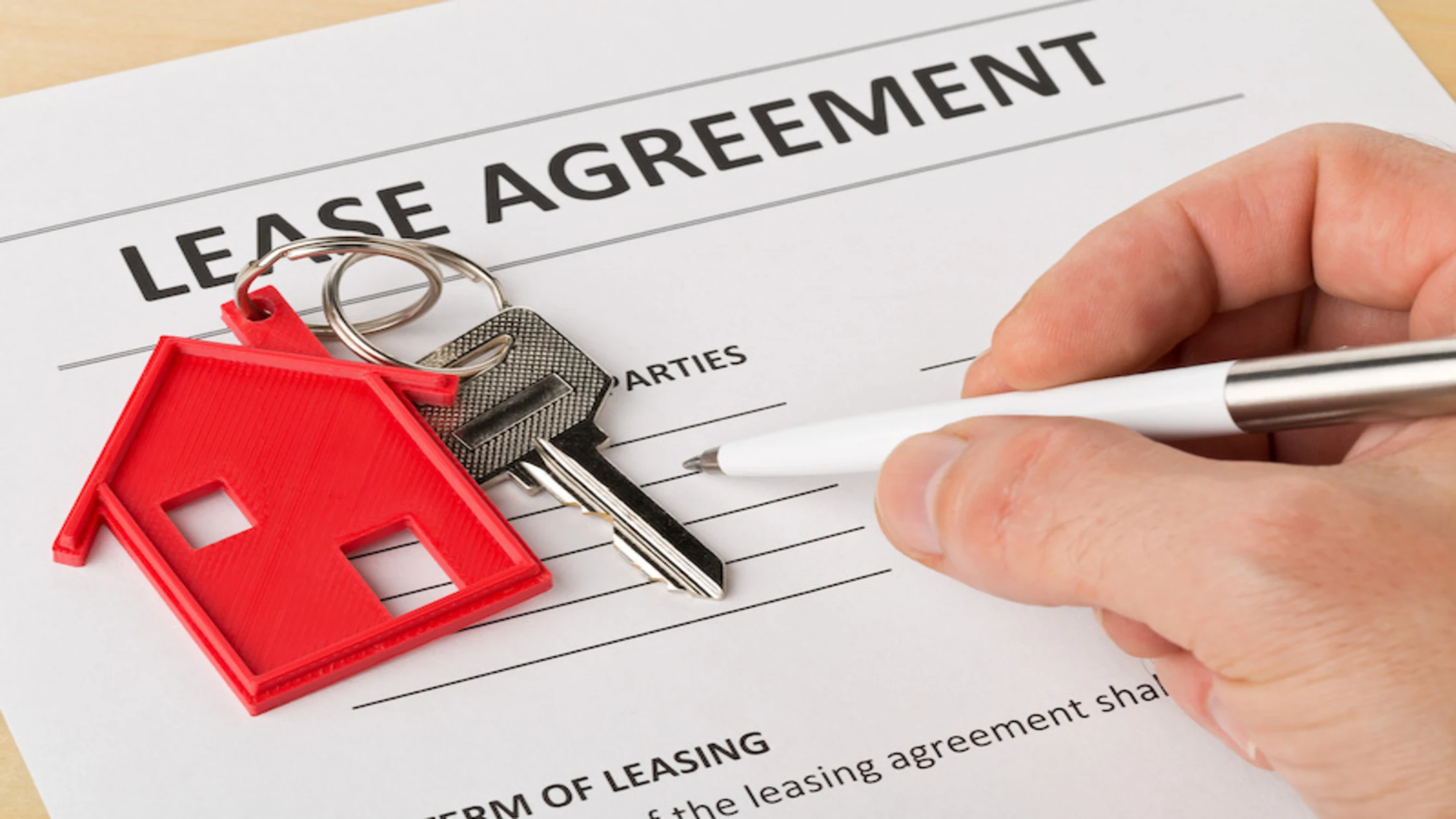
It’s easy to fall for the vibe of a great apartment. But leases are legal contracts, and skipping the fine print can cost you big. These questions to ask before signing a lease will help you avoid common traps and stay in control of your rental situation!
Why Asking Questions Before Signing a Lease Matters?
Leases are legally binding, and once you sign, you're locked in. A few quick questions to ask landlord before renting upfront can protect you from unexpected costs and awkward conversations later. Landlords and property managers should be ready to answer clearly and confidently. If they’re vague or avoid certain topics, that’s a red flag. These are your rights and your space, so ask boldly.
Landlords expect you to ask. In fact, good ones appreciate it since it shows you’re serious and thoughtful.
23 Key Questions to Ask the Landlord or Property Manager Before Signing a Lease
Now, let’s take a deeper look at the most important questions to ask before signing a lease for an apartment: what to ask, why it matters, and what kinds of answers should raise eyebrows.
1. What’s included in the monthly rent?

Rent might seem like a single number but what you’re actually paying for could vary wildly between units. Some places include water, trash, and even Wi-Fi or parking. Others bill you separately for every utility.
Ask specifically:
- Which utilities (if any) are included?
- Is there a separate charge for amenities (e.g., laundry, pool, parking)?
- Who sets up the utility accounts, you or the landlord?
Clarity here helps you avoid budgeting surprises. A $1,500 apartment with all bills paid can actually cost less than a $1,300 place with nothing included.
2. How much is the security deposit, and is it refundable?
This should be straightforward, but it rarely is. Some states cap deposits, others don’t. Some landlords collect first and last month’s rent plus a deposit. The key is to ask:
- How much is it exactly?
- What would cause me to lose any of it?
- When (and how) will I get it back?
Make sure this is spelled out in the lease. Also ask if they provide a move-in checklist or do a walkthrough.
3. What is the lease term, and what happens if I break it early?
You’d be surprised how many tenants sign without really understanding the timeline. Find out:
- Is it a fixed term (e.g., 12 months) or month-to-month?
- What are the options at the end: renewal, month-to-month, move out?
- If you need to leave early, are you stuck paying rent until someone new moves in? Is there a break-lease fee?
Some leases have automatic renewal clauses that kick in without notice. You don’t plan to break your lease, but life happens, and knowing your options now gives you flexibility.
4. Are there any non-refundable fees (cleaning, pet, admin)?
Aside from your deposit and monthly rent, many landlords tack on one-time or recurring fees. Ask for a full breakdown of any upfront costs, and clarify what’s refundable and what’s not.
- Application fees (usually non-refundable)
- Pet fees or pet rent (sometimes refundable deposits, sometimes not)
- Admin or move-in fees
- Mandatory cleaning or turnover charges
These can add hundreds to your move-in costs and if they’re non-refundable, you want to know that before you hand over the cash.
5. How are maintenance requests handled, and how quickly?
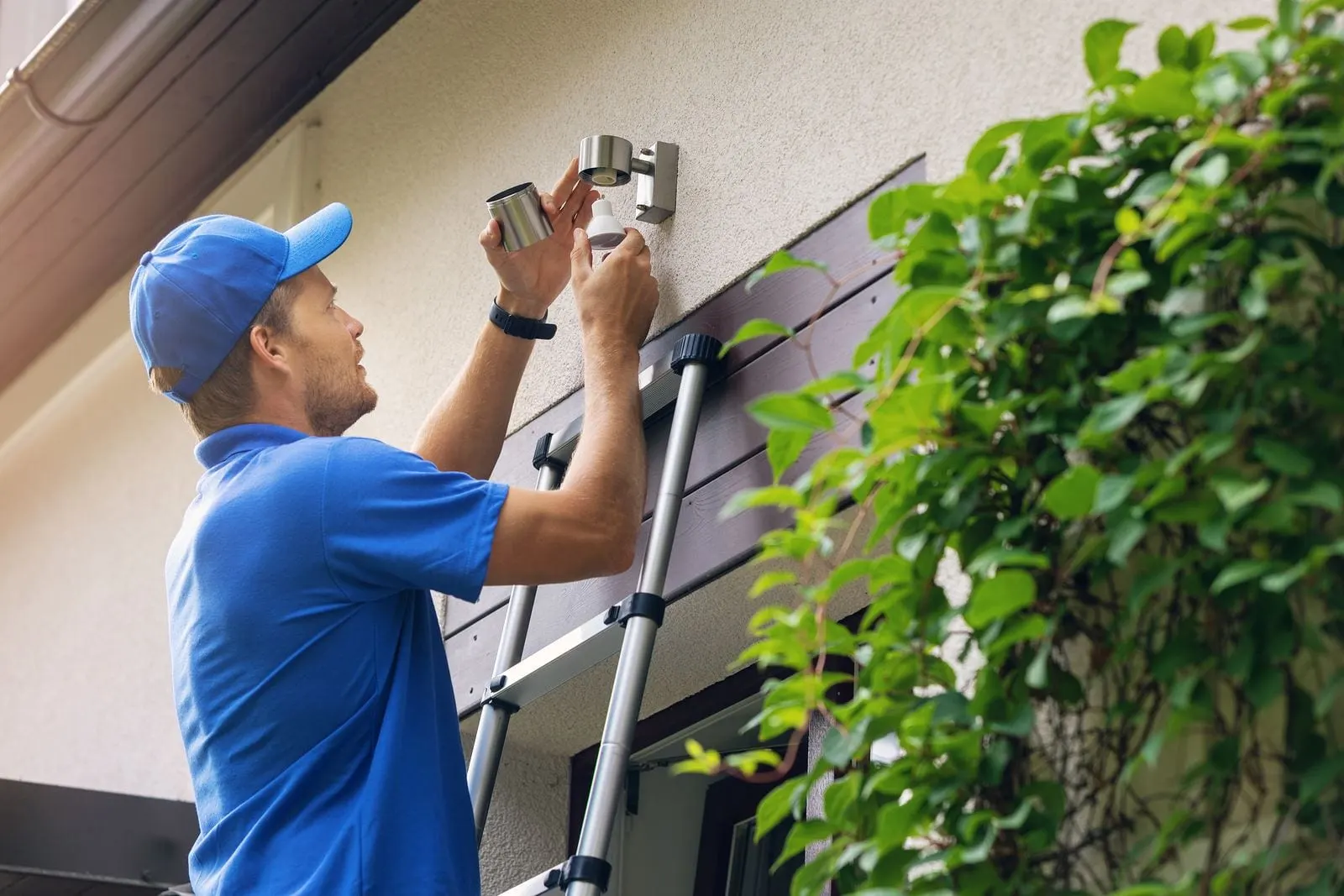
This is a big one. Leaks, broken appliances, busted locks, it all happens. What matters is how fast the landlord fixes it and how easy it is to get help.
Ask:
- Is there a portal, email, or phone number for maintenance requests?
- What’s the typical response time?
- Are there 24/7 emergency services?
Bad maintenance ruins good apartments. If the landlord dodges this question or gives vague answers, that’s a bad sign. Also: talk to current tenants if you can. They’ll tell you how responsive the landlord really is.
6. Are there rules around guests, noise, or shared spaces?
You might not care about building rules until someone else complains about your weekend plans. Many leases include clauses about guest limits, quiet hours, or how you can use shared areas like patios or laundry rooms.
- How long can guests stay overnight?
- Are there official quiet hours?
- What rules exist for hallways, balconies, parking lots, etc.?
You don’t want to get a warning, or worse, a fine, just for having your partner stay over or hosting a dinner on the balcony.
7. Is renters insurance required?
More and more landlords now make renters insurance mandatory. It’s usually affordable (around $10–20/month), but it’s good to know upfront if it’s a requirement.
- Is renters insurance required by the lease?
- Is there a minimum coverage amount?
- Do I need to list the landlord as an “additional insured”?
Even if it’s optional, you should consider it. It covers your stuff (not the landlord’s) in case of fire, theft, or water damage. Worth it for peace of mind.
8. What happens at the end of the lease, does it auto-renew?
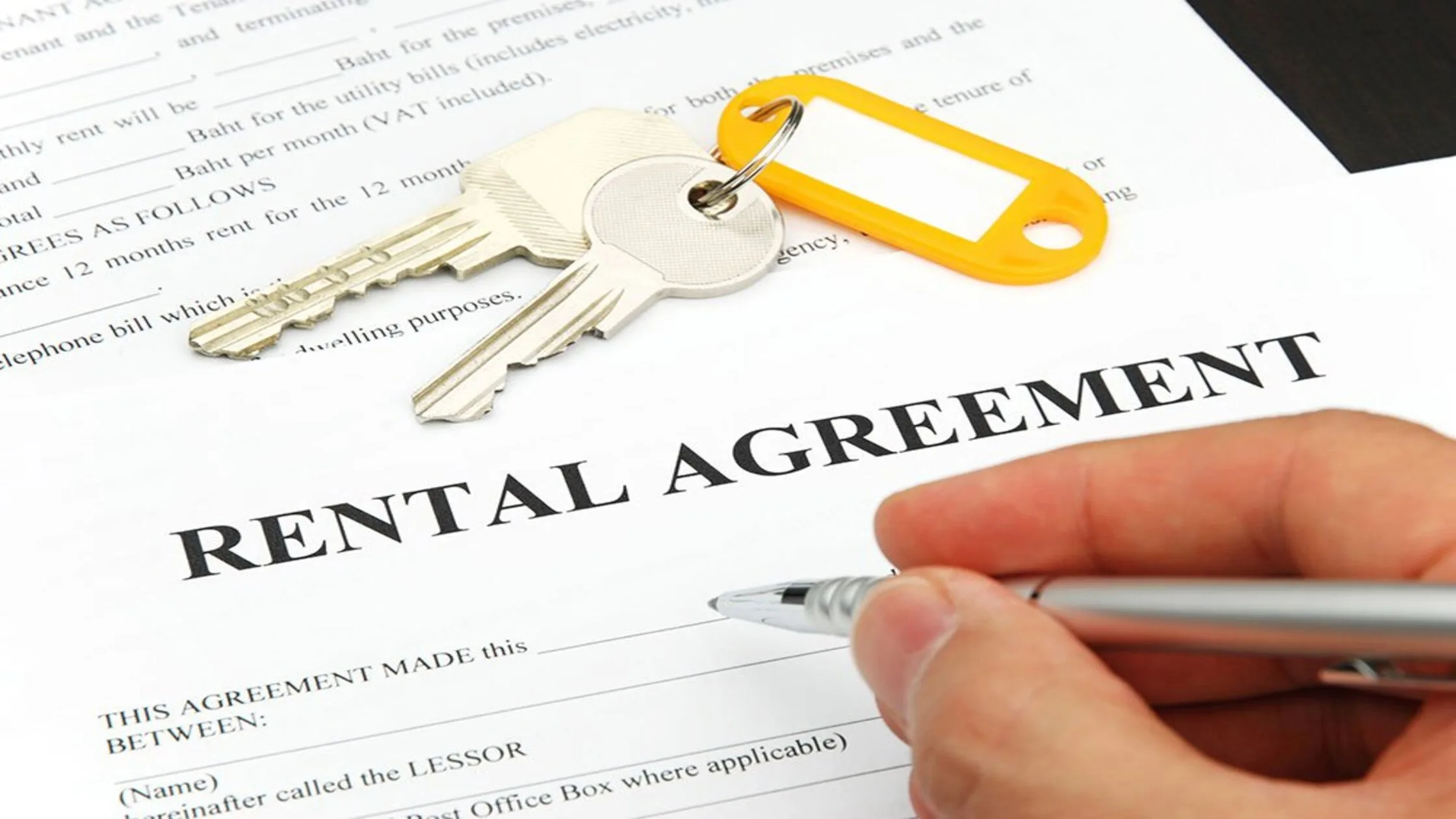
Some leases just expire. Others flip to month-to-month. And some renew automatically unless you give 30–60 days' written notice before the end date.
So, it’s better to ask:
- What’s the process at the end of the term?
- Do I need to notify you if I plan to leave or stay?
- Will the rent go up if I stay?
Understanding your lease process keeps you in control.
9. Are subletting or adding roommates allowed? What’s the process?
You might not be planning to sublet now but things change (study abroad, job relocations, breakups,...).
- Can I sublet or assign the lease?
- Can I add or swap roommates?
- What’s the approval process?
10. What are the late rent policies and grace periods?
Rent due dates aren’t always as flexible as we’d like. Some leases have zero grace period instead of 3–5 days.
- When is rent officially “late”?
- Is there a grace period?
- What are the late fees?
11. Are there any penalties for lease violations?
Rules are part of every lease, but what happens if you break one? Some violations (like late rent or unauthorized pets) come with automatic fees.
Ask for specific examples of what the landlord considers a “violation.” It’s also worth checking whether violations stack (e.g., late rent + noise complaint = double trouble).
12. How is the rent paid (online, check, or platform)?

It’s a logistical one that matters month after month. There are different ways to check rent paid: through apps or third-party platforms or offline collect.
We recommend using an online rent collection service like LeaseRunner. It’s secure, fast, and keeps a clear record of your payments. It’s great for both sides.
- Is there an autopay option?
- Are there processing fees?
- Will I get reminders each month?
Digital payments simplify your life and make sure there’s a paper trail in case anything ever gets disputed.
13. Are there signs of pests, mold, or water damage?
Don’t skip this one, seriously. Even in nice units, hidden issues can exist. Look at ceilings, windows, behind sinks, and around AC units. Smell matters too. A musty odor could mean mold or poor ventilation.
Ask the landlord directly:
- Have there been recent pest problems or mold remediation?
- How are infestations handled, and who pays for treatment?
If they hesitate or dodge the topic, that’s a red flag. You deserve a clean, healthy place to live.
14. Do appliances and plumbing work properly?
It’s easy to assume things work until they don’t. Turn on the faucets. Flush the toilet. Does the water pressure feel normal?
- How old are the appliances?
- When was the last plumbing/electrical inspection?
- Are repairs included in the rent?
Better to test now than be stuck waiting for a fridge replacement in week one or dealing with surprise water bills from a leaky toilet.
15. What’s the parking situation? Is it included or extra?
Parking isn’t always part of the package, especially in urban areas. Ask whether there’s a dedicated spot, how many cars you’re allowed, and what it costs (if anything). For apartments:
- Is the lot gated or open?
- Are there guest spots?
- Is street parking realistic?
Also, check the lease for wording around assigned vs. unassigned parking.
16. Is the neighborhood safe and quiet?
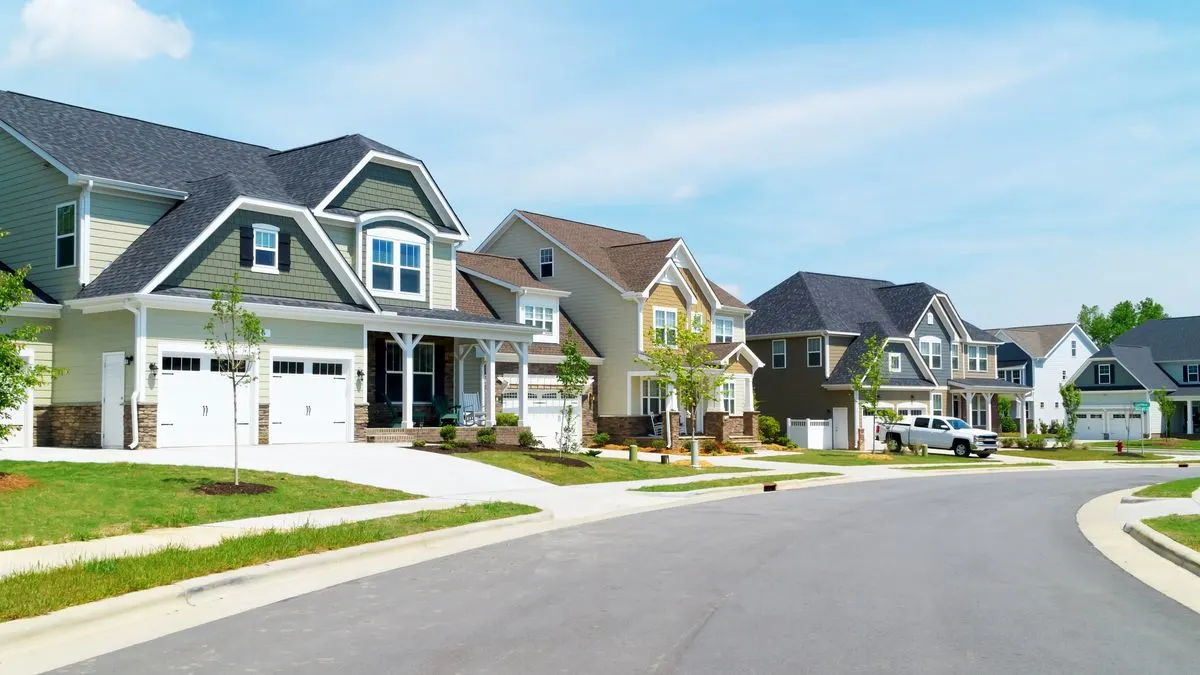
You can learn a lot about a place, but the neighborhood vibe? That’s something you feel. Visit at different times (day, night, weekend). Talk to current tenants if you get the chance. Are they comfortable walking alone at night? Is it noisy?
Even if the unit is great, a loud or unsafe area can change your entire experience. Some community Facebook groups can offer insights, but nothing beats a firsthand vibe check.
17. Will you be running a background or credit check?
Almost every landlord will, so it’s smart to ask how the tenant screening works. Do they run it themselves? Through a third-party service?
- What screening criteria are used?
- Do you need my Social Security number?
- Will it be a soft or hard credit pull?
Being upfront gives you time to flag or explain anything on your record that might need context.
18. Can I provide a copy of my tenant screening report?
In some states, yes, and this can speed things up. You can offer what's known as a Portable Tenant Screening Report (PTSR). It contains your background, credit, rental history, and employment info, all in one file.
PTSRs can save you both money and time. Just make sure it’s from a recognized provider, and it’s up to date.
19. What factors could disqualify my application?
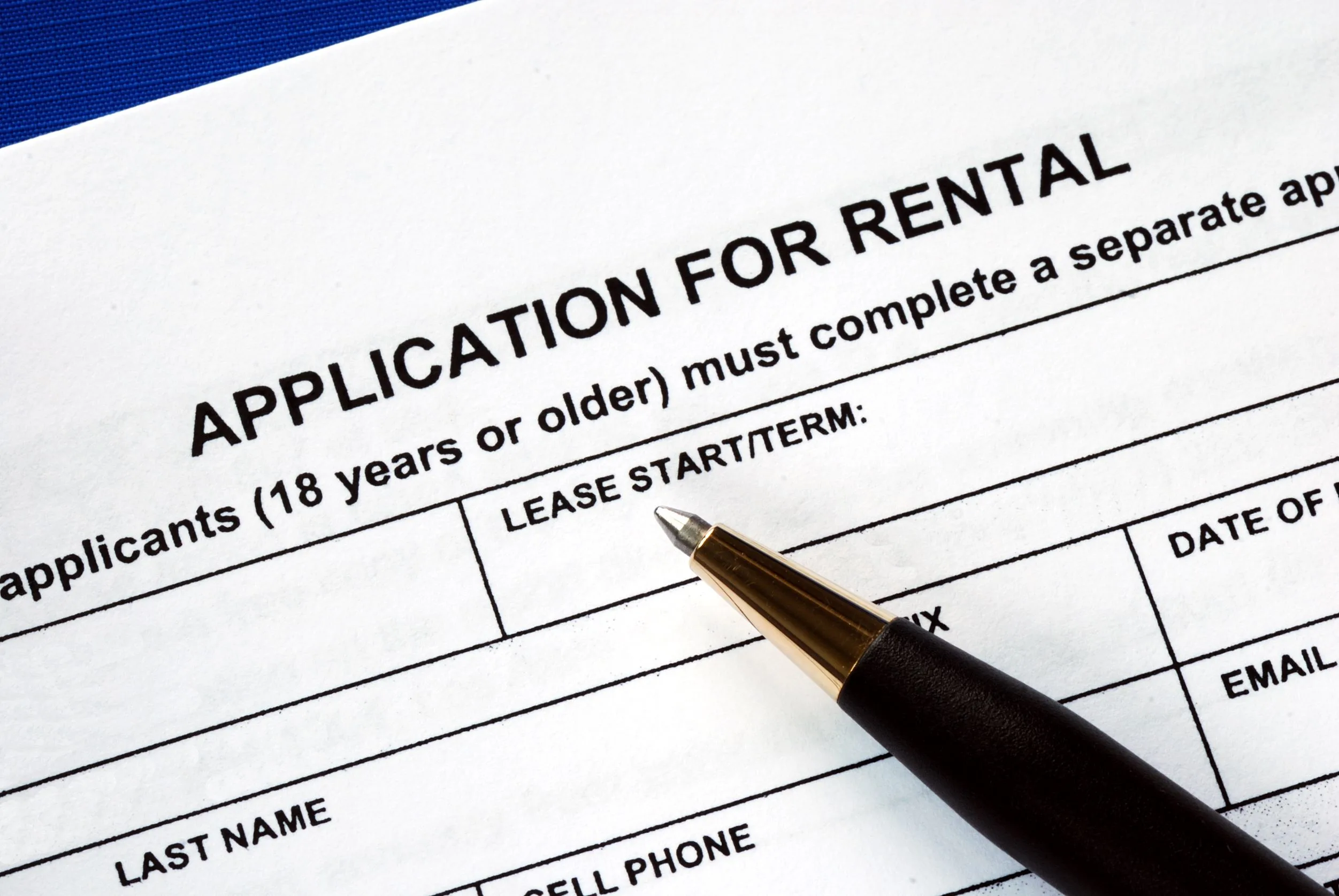
It’s better to know now than be blindsided later. Most landlords look at credit score, income, rental history, and background checks. Ask what their minimum requirements are.
For example:
- Is a low credit score a dealbreaker?
- What about previous evictions, or gaps in employment?
- Do they require a cosigner if you don’t meet certain criteria?
To get ahead of this, consider preparing a LeaseRunner tenant screening report ahead of time. Besides, you can also list your previous landlords’ contacts. It gives landlords all the data they need to make a decision and shows you’re serious.
20. Can I review a copy of the lease in advance?
You should never be pressured into signing on the spot. Always ask to review the lease at least a day or two before committing. A good landlord will have no problem giving you time.
Look out for:
- Unusual clauses
- Hidden fees
- Vague language around repairs, pets, or guests
21. Are there any clauses I should pay extra attention to?
Some leases are packed with legal language that can hide important policies. Ask the landlord or manager directly: “Are there any specific sections you recommend I read closely?”.
You can also check:
- Renewal terms
- Early termination clauses
- Responsibility for repairs
- Fee structures
22. Can I request changes or additions to the lease?
The lease isn’t necessarily set in stone. Reasonable requests like adjusting a pet clause are sometimes negotiable.
- Are edits allowed before signing?
- Can we add riders or written exceptions?
If the landlord says yes, get everything in writing.
23. When will I receive the keys and move-in instructions?
Once everything’s signed and paid, timing becomes everything. You’ll want to know:
- Exactly when (and how) you get the keys
- Who to contact on move-in day
- Whether there’s a walkthrough or inventory checklist
This question also helps confirm that the unit will be cleaned, inspected, and ready.
Pro Tip: What to Look for in the Lease Before Signing (Self-Review Checklist)
Before you sign anything, slow down and give the lease a full read. This document is the rulebook for how you’ll live for the next 6, 12, or 18 months. Don’t assume anything is standard.
We’ve listed below a checklist before signing apartment lease:
- Rent amount, due date & grace period – Confirm the exact rent, when it’s due, and how many days (if any) you have before late fees kick in.
- Renewal terms & early termination clauses – Look for automatic renewal language, notice requirements, and what it’ll cost you to break the lease early.
- Who handles what (maintenance & repairs) – Are you responsible for lightbulbs, clogged drains, or lawn care? Know what’s covered—and what’s not.
- Pet policy, noise rules & parking terms – Even if you don’t have a pet yet, it’s good to know the rules. Also clarify quiet hours, guest parking, and spot assignments.
- Guest restrictions & unit changes – Some leases limit how many nights a guest can stay, or require written approval for painting walls, mounting TVs, or swapping roommates.
Bottom Line
Overall, signing a lease is a big deal. Use these questions to ask before signing a lease as your cheat sheet. Good landlords will respect that you’re doing your homework. It’s your future home. You can find out more helpful tips on the LeaseRunner blog!
FAQs
Q1. What to look for in an apartment lease?
The key things to look for in an apartment lease are:
- The rent amount, due date, and any late fees
- Lease length, renewal terms, and what happens if you move out early
- Maintenance responsibilities (what’s your job vs. the landlord’s)
- Rules around pets, guests, noise, and parking
- Any fees, penalties, or clauses that feel restrictive
Q2. Can I negotiate parts of the lease before signing?
A: Yes, and you absolutely should if something doesn’t sit right. Common things people negotiate include move-in dates, pet terms, parking, minor repairs, or breaking a lease early.
